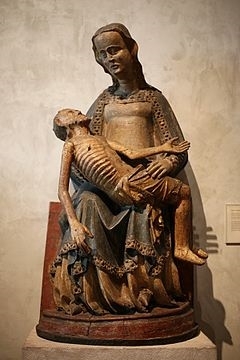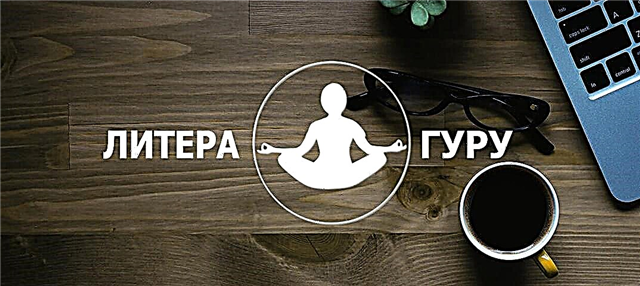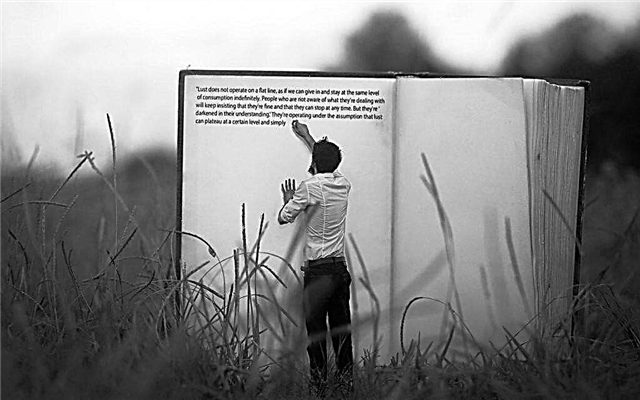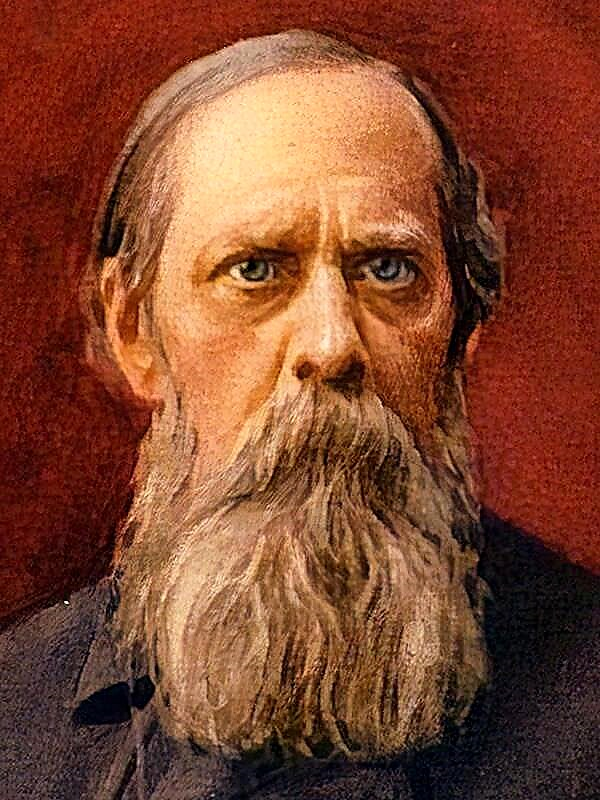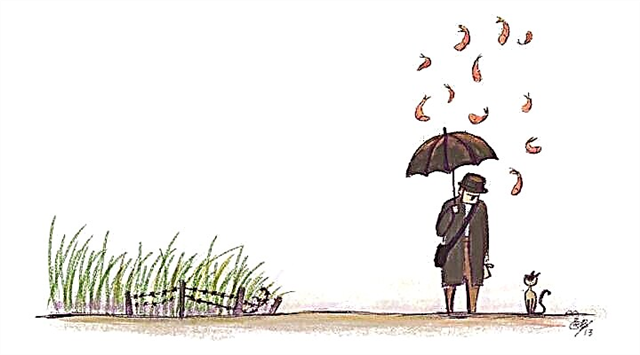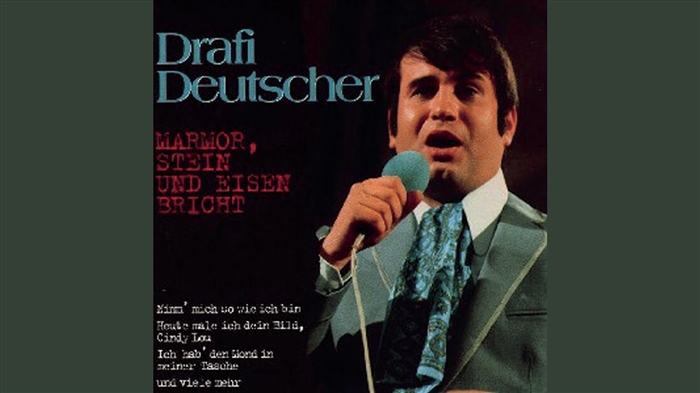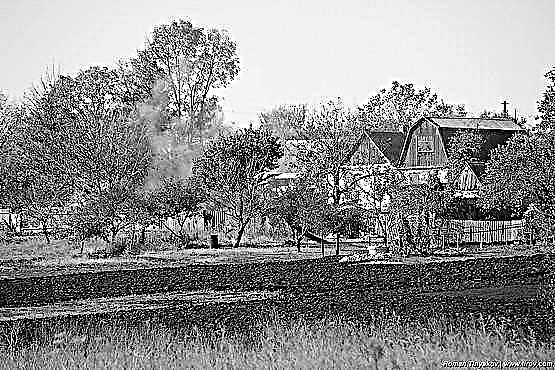Arkady and Boris Strugatsky can rightfully be considered the best Russian science fiction writers. The way in their books science fiction and adventure are intertwined with philosophy really impresses the reader. But the creativity of the Strugatsky brothers has long gone beyond the scope of literature. We offer you a selection of the best films based on the books of the Strugatsky.
Stalker (1982) / Roadside Picnic
The film "Stalker" - an adaptation of the story by Arkady and Boris Strugatsky "Picnic on the sidelines" - is one of the most significant works of the great Soviet director Andrei Tarkovsky. The motion picture won the Ecumenical Jury Prize at the 1980 Cannes Film Festival.
The film is about the Professor and the Writer (they don’t give real names) who go to a strange place called the Zone, where they want to find a room that can fulfill human desires. The road is shown to them by the Stalker, a guide through the Zone.
Despite the fact that the script Arkady and Boris Strugatsky wrote themselves, the film for the most part is very different from the story. In the literary source of desire, it was not the room at all that fulfilled, but the Golden Ball, Stalker wanted to fulfill his desire, and for this he had to sacrifice someone, and the Professor and the Writer were not there at all. In the film, no one dies, and moreover, he does not even dare to enter the room, afraid of his subconscious desires. This difference in plot is due to the fact that both the Strugatsky and Tarkovsky perfectly understood the difference between literature and cinema. Dramaturgy requires action, but it is incredibly difficult to show the deep philosophical component of the novel “Roadside Picnic” in action. However, Tarkovsky is not just ranked among the greatest directors in the world. He was able to reflect the complex questions posed by the Strugatsky on the screen.
Sorcerers (1982) / Monday starts Saturday
Few people know that many loved the New Year film “Wizards” was shot based on the story of the Strugatsky brothers “Monday begins on Saturday.” The authorship of the script for the film also belongs to the Strugatsky, but, like Stalker, Wizards are very different from the source.
Initially, the Strugatsky proposed a script that was a retelling of “Vanity of Vanities” (the second part of the story), but the film’s director Konstantin Blomberg did not approve of this script, since it would most likely not have passed censorship. Then the Strugatsky wrote a new version of the script, leaving only the scene - an institute that studies magic (the name of the institute was also changed: from NIICHAVO it turned into NUINA) and several characters, adding a romantic line and a bit of a New Year's miracle. The film "Wizards" can not be called a full-fledged film adaptation, but do not forget about the original source.
Eclipse Days (1988) / Billion Years Before the End of the World
The film, which was a resounding success with the audience during the rental, the laureate of the competition for the best domestic film of 1989, was also shot on the novel by Arkady and Boris Strugatsikh “A billion years before the end of the world.” But the "Eclipse Days" similarities with the literary source are even less than in previous paintings.
Venue - Central Asia instead of central Russia, the main character from an astrophysicist turned into a doctor, and in general, Dmitry Malyanov only left a name from his literary prototype. Boris Strugatsky said that viewers will have to come to terms with the fact that they will see an independent work, instead of a full adaptation of the story.
However, the film still retained the basic idea of a difficult life of a person in a totalitarian thinking environment. Boris Strugatsky even noted that in the film this idea is shown even more intimidatingly.
Inhabited Island (2008) / Inhabited Island
The two-part film of the popular Russian director Fyodor Bondarchuk “Inhabited Island”, unlike previous adaptations, is quite close to the original. The film tells about the adventures of earthling Maxim Kammerer on the planet Saraksh, where he, by chance, is involved in the struggle with the local ruling regime.
The film caused a mixed reaction from film critics. Some praised him for his detailed study of Saraksh, good camera work and scenery, while others scolded him for his poor acting, bad special effects and editing.
The reaction of Boris Strugatsky was also ambiguous. He called the film “director’s luck”, noted the game of Vasily Stepanov, Serebryakov, Bondarchuk. At the same time, he was unhappy with the second part. Nevertheless, both parts became the leaders of the Russian hire and entered the list of the highest box office in Europe for 2009.
It's hard to be God (2013) / It's hard to be god
The story of the Strugatsky brothers “It's Hard to Be God” was first filmed in 1989. But, according to reviews of film critics and the Strugatsky, the film was unsuccessful. The writers wanted the film to be shot by a Soviet director, most of all they liked the candidacy of Alexei German, but in the end Peter Fleishman became the director. Fleischman wanted to make and made a fantastic adventure film, while Herman wanted to show a powerful person who can make other people's lives better, but has no right to show his power. Nevertheless, German had a chance to shoot his film adaptation, but the film could only be released in 2013.
The plot of both films does not depart much from the plot of the story and talks about earthling Anton, who was sent to another planet to monitor the development of an alien civilization. The brutal Middle Ages reign in Arkanar; many smart and honest people are persecuted. Anton, who should not interfere in current events, at one moment does not stand up and takes up his sword.
The 2013 film, like its predecessor, received many negative reviews. Basically, the film was criticized for the lack of a coherent narrative and for the unsuitability of the picture for the mass audience. However, the very first reviews were positive, the film was even compared with the famous work of Tarkovsky's “Andrei Rublev”. Negative reviews appeared only after the release of the film on large screens. All critics also noted the cruelty and naturalism of the picture. Umberto Eco even compared “It's Hard to Be God” with Tarantino films.

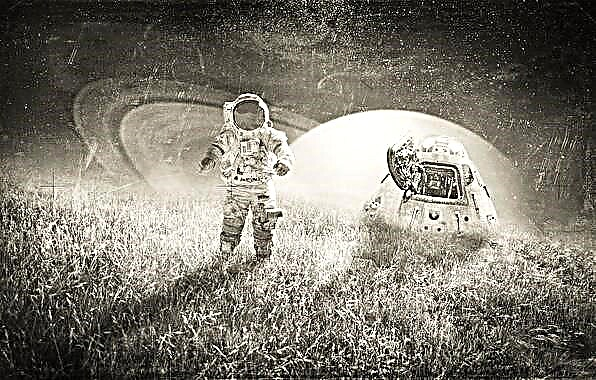
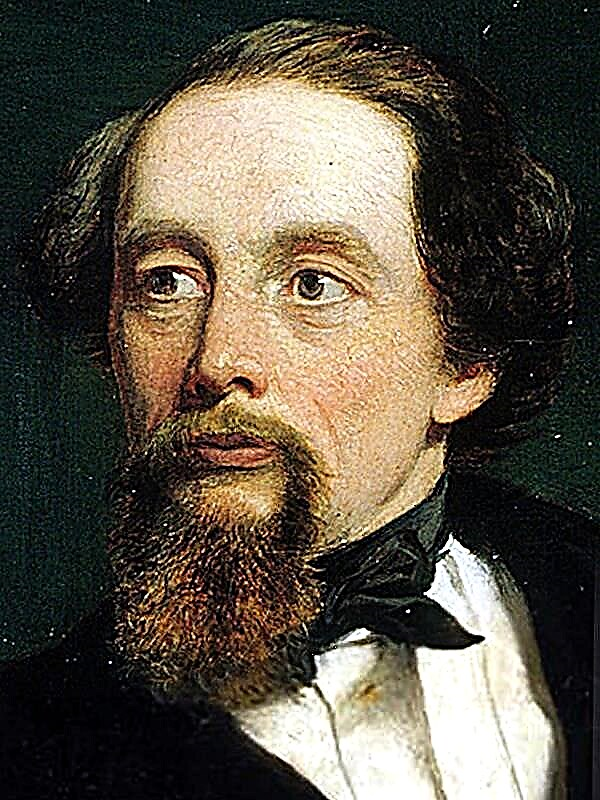 Christmas Carol
Christmas Carol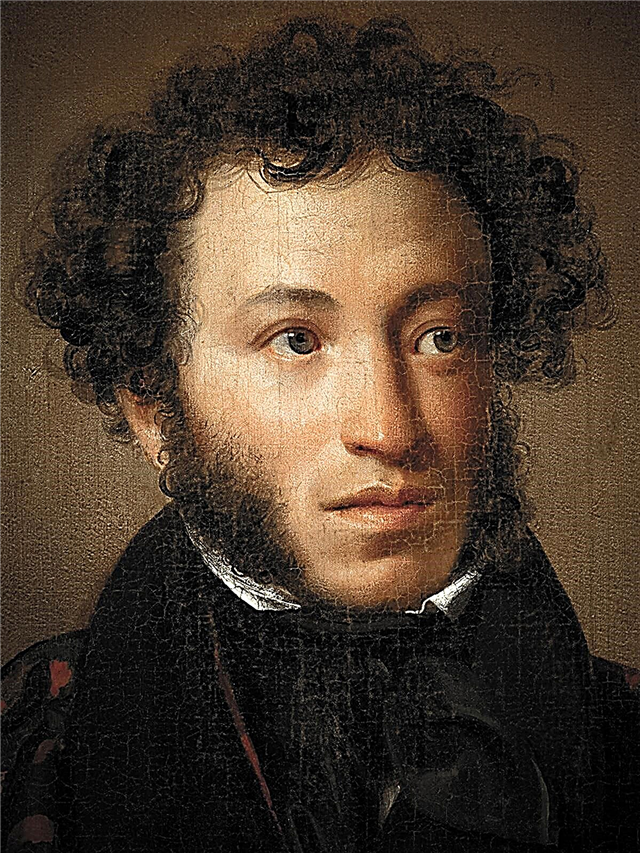
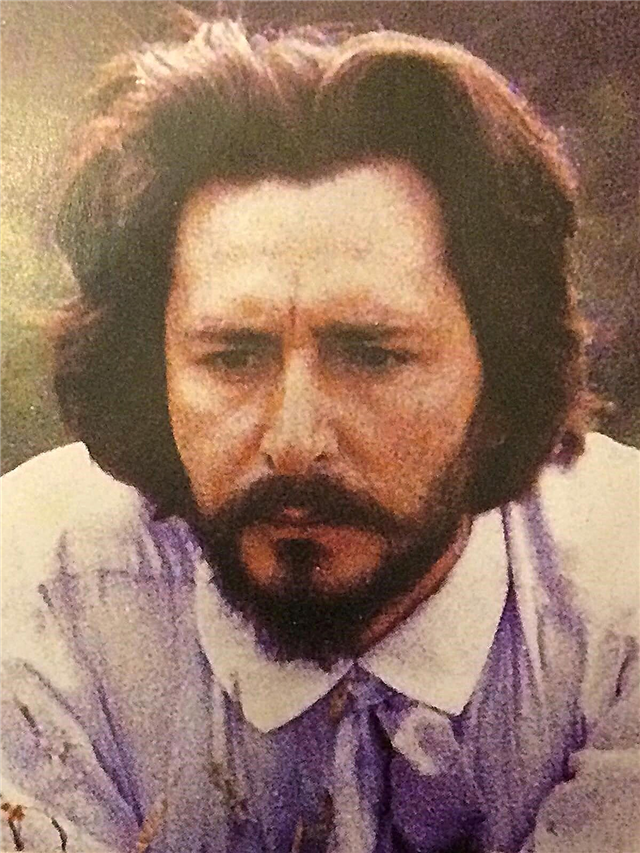
 Viscount de Brazhelon
Viscount de Brazhelon